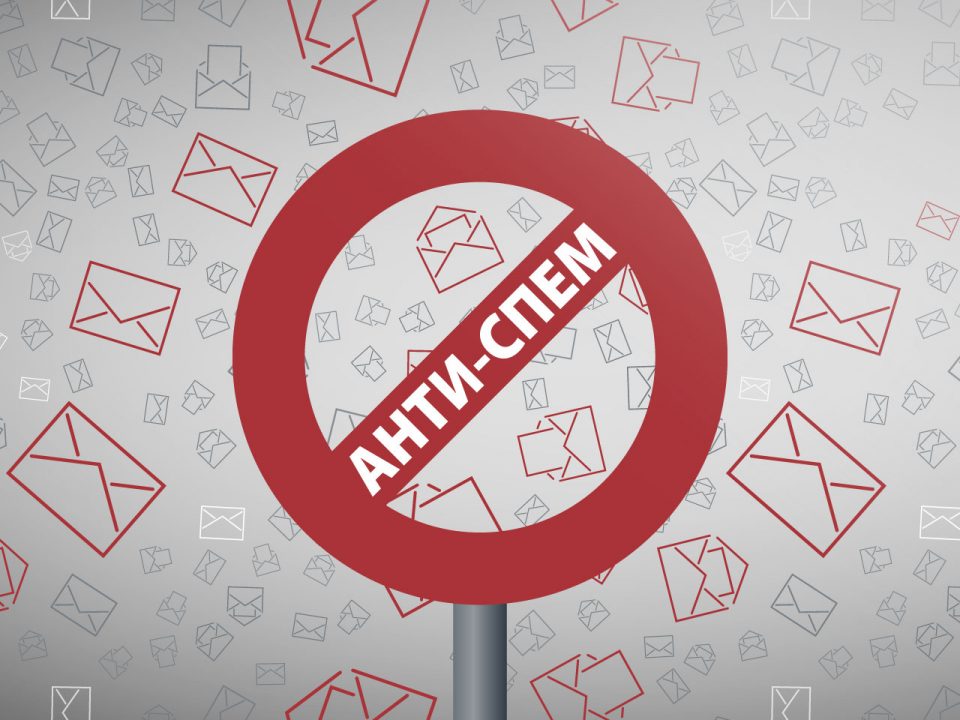Freelancers – what you need to know?


If you want the freedom to independently organize your work, time and place of work, and you do not want or it is not profitable for you to establish your company or register as an entrepreneur, then consider freelancing.
Who are freelancers and what jobs can they perform?
Freelancers are domestic or foreign natural persons who are not employed or registered as entrepreneurs.
Freelancers mainly deal with programming, graphic design, digital marketing, translation, but freelancers can, depending on their skills and interests, deal with a number of other jobs as well.
The legislation of the Republic of Serbia does not limit the type of jobs that freelancers can engage in, which means that freelancers can perform all jobs that are permitted by law and that are not prescribed to be performed in some other form of business, such as trade or banking.
When conducting business, freelancers, like everyone else, are obliged to comply with legal and contractual provisions, including the general terms and conditions of business of websites and social networks. If you are interested more about communication and illegal behavior on social networks, you can read about it in our blog.
Rights and obligations of freelancers
Unlike employees, freelancers can choose when they work, where they work from, who they work with, and whether they work at all.
However, since they do not have obligations, they also do not have the rights that employees have, i.e. they do not have the right to sick leave, paid annual leave, maternity leave and the like.
Additionally, like everyone else, freelancers are required to pay taxes on their income. Freelancers’ income includes both income from the Republic of Serbia and from abroad, paid in money, cryptocurrency, goods, services, by doing or in another way.
Freelancers can report income electronically, via Portal for freelancers or Portal ePorezi, and they can also report in paper form, directly (in person) or by mail, to the competent branch of the Tax Administration.
Tax treatment of freelancer income
Freelancers’ incomes are taxed on the basis of self-taxation, which means that the Tax Administration does not issue a decision on the basis of which taxes and contributions are paid, but freelancers themselves calculate, report and pay tax on their income.
Freelancers settle their obligations quarterly, with the possibility to choose one of the two existing models of self-taxation within each accounting period, i.e. quarter:
- In the first model of taxation, 103,296.00 dinars of the freelancer’s income are tax-free, and the rest of the amount is taxed in the amount of 20% of the rest of the income, which would mean that, for example, if a freelancer in one quarter had an income of 200,000.00 dinars and chose the first taxation model, he would have to pay a tax of 20% on the amount of 96,704.00 dinars (200,000.00 – 103,296.00), and his tax liability would be total 19,340.80 dinars.
- The second model of taxation includes a non-taxable amount of 62,300.00 dinars plus 34% of the gross income realized in the quarter, while a tax of 10% is paid on the rest of the amount, which would mean that if a freelancer in one quarter had an income of 1,000.000.00 dinars, he would pay a tax of 10% on the amount of 597,700.00 dinars (1,000,000.00 – (62,300.00 + 340,000.00 (34% of 1,000,000.00)), and his total tax the obligation amounted to 59,770.00 dinars.
Which model is the most optimal depends primarily on the amount of income of the freelancer in the quarter for which tax is applied for and calculated.
Also, we should not forget the obligations to pay contributions, and what exactly the obligations freelancers will have based on mandatory social insurance, depend on 3 factors: 1) whether the freelancer is a resident or non-resident of the Republic of Serbia; 2) where the place of work is located and 3) whether they are insured on some other basis.
You can find more about self-taxation, payment of taxes and contributions of freelancers, the procedure for submitting applications through the portal for freelancers in Guide to reporting and paying taxes through the portal.
Additionally, if the freelancer’s income in a calendar year is higher than three times the average annual salary per employee paid in the Republic in the year for which the tax is determined (in 2023 it was income in the amount of more than 4,269,564 dinars), freelancers are also liable for annual personal income tax.
Conclusion
Like everything, freelance work has its advantages and disadvantages, which need to be taken into account and weighed before starting work, although due to the flexibility it provides, an increasing number of people in the Republic of Serbia decide on this way of engagement.
Finally, bearing in mind the mentioned trend, it is reasonable to expect that the legislation will be additionally changed in order to more adequately regulate this area.


